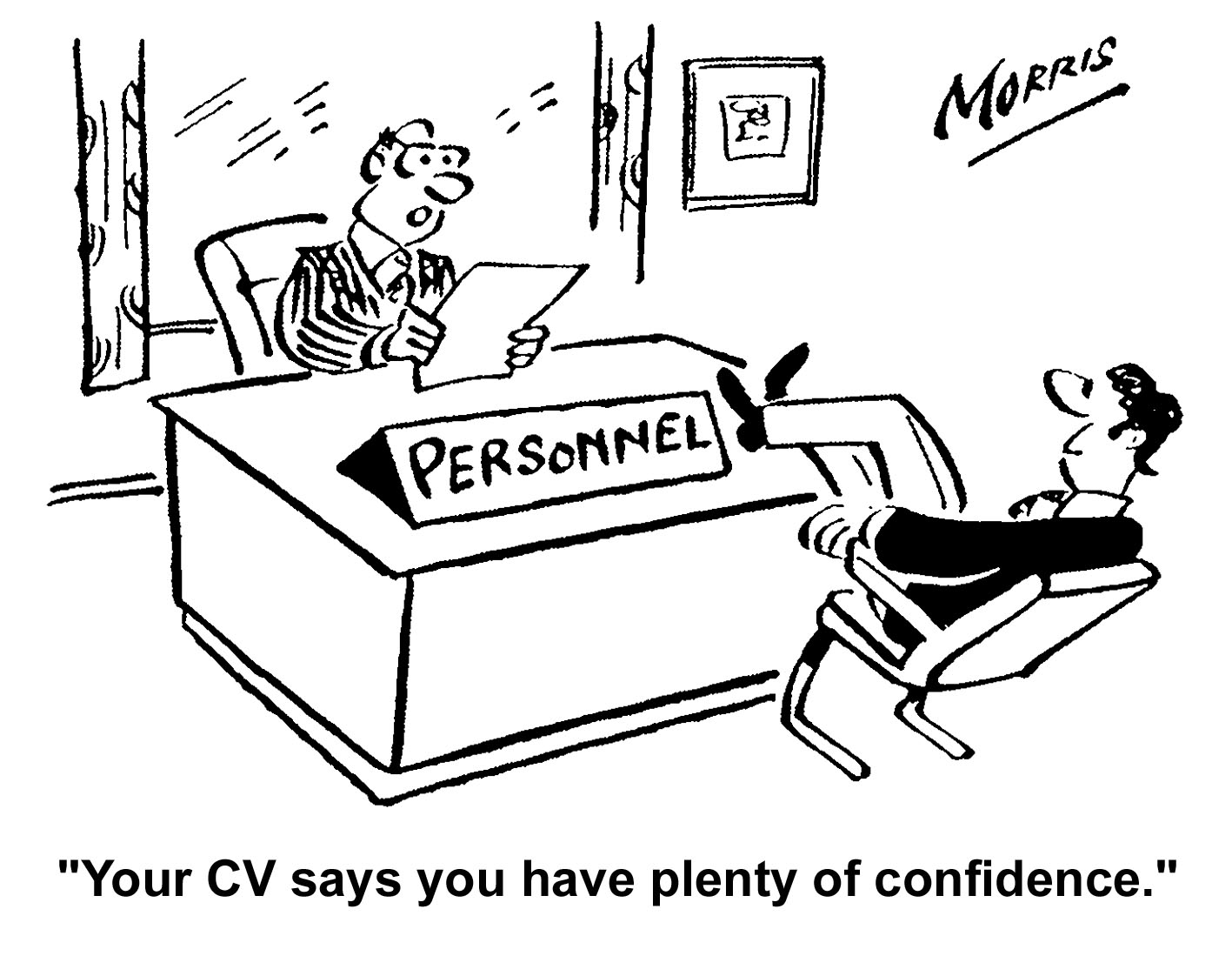10 Job Interview No-No’s
 Job interviews become even more important during bad economies. The condition of the economy, though, is not the only thing that has made job interviews more critically important lately. The fact is that few employers these days are handing out interviews as easily and as often as in the past. Thanks to pre-employment screening companies, many job candidates are being summarily dismissed from the pool of candidates long before interviews become a possibility; in addition to this, CVs are closely being scrutinised for inconsistencies, irregularities and mendacities. Only those who are left in that exclusive “pool” are considered for interviews, interviews conducted usually under very well-diagrammed and structured criteria. Needless to say, the whole process is more competitive than it has ever been. Keeping this in mind, you need to avoid the following 10 common interview mistakes, any of which may cost you a job:
Job interviews become even more important during bad economies. The condition of the economy, though, is not the only thing that has made job interviews more critically important lately. The fact is that few employers these days are handing out interviews as easily and as often as in the past. Thanks to pre-employment screening companies, many job candidates are being summarily dismissed from the pool of candidates long before interviews become a possibility; in addition to this, CVs are closely being scrutinised for inconsistencies, irregularities and mendacities. Only those who are left in that exclusive “pool” are considered for interviews, interviews conducted usually under very well-diagrammed and structured criteria. Needless to say, the whole process is more competitive than it has ever been. Keeping this in mind, you need to avoid the following 10 common interview mistakes, any of which may cost you a job:
1. Fighting for a good salary even before the job is offered. At best, this is presumptuous. First, let an employer make up their mind as to whether you are the best candidate for the job. Once this has been established, you can use the situation as leverage. Actually, better leverage would be accepting the job at the offered salary and, then, after proving yourself, making a pitch for better compensation.
2. Talking on incessantly after each question. In general, keep your interview answers short, sweet and to-the-point. Talking too much will make the interviewer think you are too full of yourself, too loquacious, or too unfocused—qualities none of which is highly in demand these days.
3. Bad-mouthing former employers. Is this the way you will be talking about this employer when and if they later let you go or you quit, for whatever reason? It is simply never a good idea to malign people who were previously kind or generous to you by giving you a job. You don’t have to lie about them either, making them look better than they were. If all you have to say is of a negative nature, keep it to yourself – one of the few exceptions being if they let you go for inappropriate or unfair reasons. If that is the case and you are asked about it, then, by all means, explain yourself; be sure, though, to be completely unemotional, objective and factual in your explanation.
4. Sidestepping or avoiding direct questions. Trying, for example, to slyly change the subject when asked why you were let go from your last job is not a good idea, nor is it to invent a reason for the mishap. Rather than beating around the bush, answer all questions directly, keeping your responses as short, professional and focused as possible.
5. Lying about something employers can double-check on or confirm. Actually, you should never lie, especially about things that can be verified. This includes the kind of education you obtained and where, what positions of authority you have risen to in the past, who you worked for, and for what achievements you can take credit.

6. Flirting with the interviewer, even if the interviewer initiates or encourages the action. If you must flirt, wait until you have the job. The interviewer may simply be testing you to see how you react to sexual come-ons. Even if that is not the case, flirting with someone (even if the person is someone you know but for whom you have not worked) is an unnecessary gamble. Maybe you misinterpreted the gesture or maybe the person who will actually make the final decision, upon finding out about your friendliness with this person, will not take kindly to your attitude. It is better all-around if you maintain a professional approach, even if the interviewer appears to not be doing the same.
7. Showing up late or telling the interviewer you may not be able to stay for the whole interview. You need to keep in mind that a job interview is a privilege not a right. Whatever you have going on in your private life needs to take a second seat to the interview – it’s that simple. Except for a dire emergency (death, hospitalisation, WWIII, etc.), there is no reason for your being late for an interview and, if you have something else going on after the interview, then you need to cancel it or let that other person know that you will be late, even if you do not know by how much. In general, you need to let the interviewer decide when the interview is over. Whatever you do, do not keep looking at the clock or at your watch – other than being rude, it is likely to offend or upset the interviewer.
8. Being shabbily-dressed, smelling badly, or showing signs of poor personal hygiene. If you are lax in this area, then delay showing evidence of this situation until after you get the job, when people are more likely to be accepting or forgiving. Job interviewers are looking at every minute aspect of your behavior, body language and background and, since they have dozens of other people competing for the same job, why should they hire this type of careless person?
9. Attending the interview unprepared. This means getting there not having looked up information about the company, the people who run or own it, and the products and services it provides or sells. Fortunately, this type of research can easily and quickly be conducted over the Internet these days. In addition to finding out about the organisation, do go over the job description to see what in the requirements you may be weak on or about which you may need more information. This will help you to ask the right interview questions or to answer them.
10. Clashing with the interviewer in some way. In general, do not correct the interviewer if they do something wrong, even if it is as simple as mispronouncing your name. Correcting people can put them on the defensive. Other potential areas of trouble include inappropriately responding to an unfriendly or unnecessarily-personal remark, not abiding by a simple request (such as being told to remove whatever you have in your mouth), being stared at (for wearing a short dress or a blouse that shows too much cleavage), or not being offered a place to sit. Sometimes, an apparent faux pas on the part of the interviewer is part of the “test” being given at a job interview. In fact, if you treated every job interview as a test, you would be better prepared to pass it!
